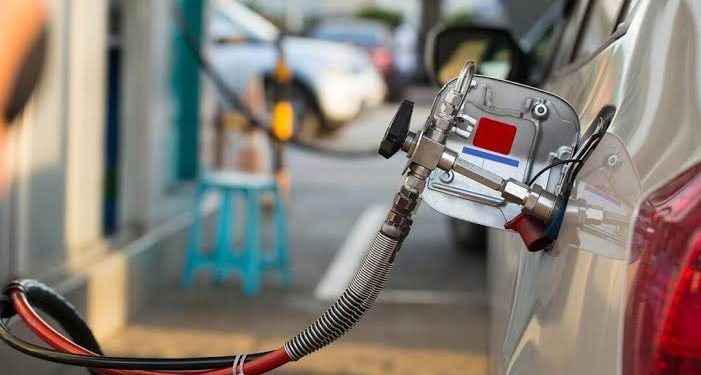The Federal Government has fixed the retail price of Compressed Natural Gas (CNG) at N380 per standard cubic metre (SCM) in Lagos and Abuja, a move expected to reshape costs for small businesses and commercial transport operators who rely heavily on affordable energy. The new rate, which took effect on September 1, 2025, brings the two cities in line with uniform pricing already applied across the country.
Until the adjustment, motorists in Lagos and Abuja had been paying as low as N230/SCM, making the increase significant for micro, small, and medium enterprises (MSMEs) in transport and logistics that had begun switching to CNG to cut operating costs. In other areas, however, prices had climbed as high as N500/SCM due to challenges such as distance from pipelines, reliance on truck distribution, and regasification expenses.
Officials explained that the harmonised rate was necessary to stabilise the market and attract more private investment into the sector. They noted that the new pricing policy aligns with the objectives of the Presidential Compressed Natural Gas Initiative (PCNGi), which was introduced in 2023 after petrol subsidy removal to give Nigerians, particularly businesses, a cheaper and cleaner alternative to petrol and diesel.
So far, the initiative has rolled out free conversion programmes for commercial drivers, with states like Lagos, Ogun, Oyo, and Rivers adopting CNG-powered buses and building fueling stations. By mid-2025, over 65 daughter stations had been established across 21 states, supported by more than \$450 million in private and public investments, alongside training programmes for thousands of technicians.
Despite these gains, uptake has remained slow. Only about 50,000 vehicles had been converted to CNG by January 2025, far below the government’s target of one million by 2027. Experts attribute this to gaps in infrastructure and uncertainties around pricing.
For MSMEs and transport operators, the CNG shift represents both an opportunity and a challenge. On one hand, CNG remains far cheaper than petrol and diesel, offering businesses a chance to reduce running costs and improve margins. On the other, the new price in Lagos and Abuja may reduce the immediate cost advantage for early adopters.
Analysts say for adoption to accelerate, Nigeria must invest in more pipeline-fed stations to ease dependence on trucking and implement a pricing framework that strikes a balance between affordability for motorists and profitability for investors. Without such balance, small business owners and transporters—the backbone of CNG adoption—may struggle to fully embrace the transition.










